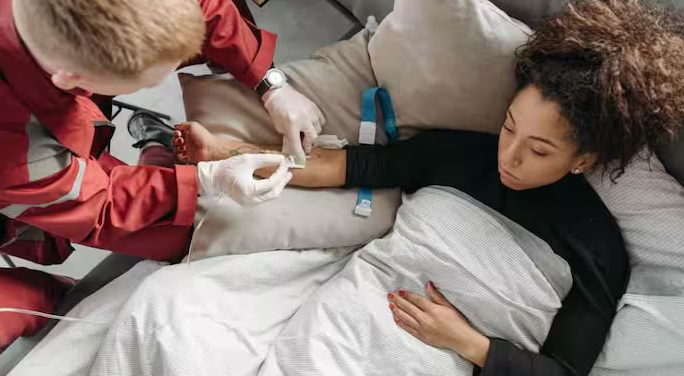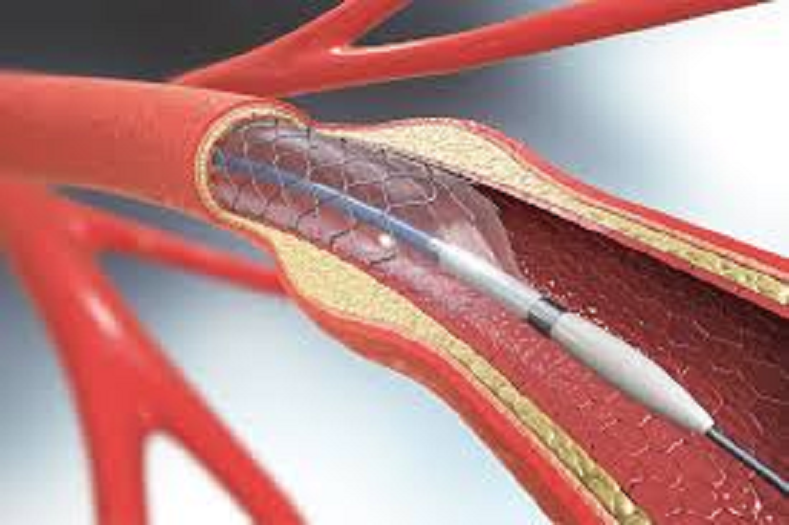Follow this lifestyle after a stent is placed in your heart to prevent a heart attack again.
- bySherya
- 29 Sep, 2025

A stent is a small mesh-like tube that reopens a blocked artery to allow blood to flow freely to the heart, thus relieving the patient of chest pain.

When someone has a heart attack or a blocked heart artery, doctors perform a procedure to remove the blockage, which involves inserting a stent. A stent is a small, mesh-like tube that reopens the blocked artery so blood can flow freely to the heart. This relieves chest pain and reduces the risk of future heart attacks.
But after getting a stent, it's important to take special care of your lifestyle. By taking certain precautions seriously, you can not only avoid another heart attack but also live a healthy lifestyle. So, let's explore the lifestyle changes you should adopt after a heart stent.
What lifestyle should be adopted after heart stent placement?
1. Eat a healthy diet - Eat plenty of green vegetables, fruits, whole grains, and low-fat foods every day. Limit fried foods, bakery items, overly sweet foods, and processed foods. Pay attention to salt and sugar intake.
2. Engage in regular physical activity - Walk, do yoga, or do light exercise for at least 30 minutes daily. Consult your doctor before starting any exercise, especially if you've recently been discharged from the hospital.
3. Stop drinking and smoking immediately - If you drink and smoke, this should be the first change you make. Cigarettes weaken your blood vessels and can cause the stent to become blocked again.
4. Stay away from stress - Excessive stress is detrimental to heart health. Take some time each day for meditation, deep breathing exercises, or yoga.
5. Regular checkups and follow-ups - Regular checkups and follow-ups are crucial after a stent is placed. Regular monitoring of blood pressure, cholesterol, sugar, and heart function can ensure the stent is working properly. In some cases, your doctor may also order an ECG, an Echocardiogram, or a stress test. Early monitoring can prevent major complications later on.




